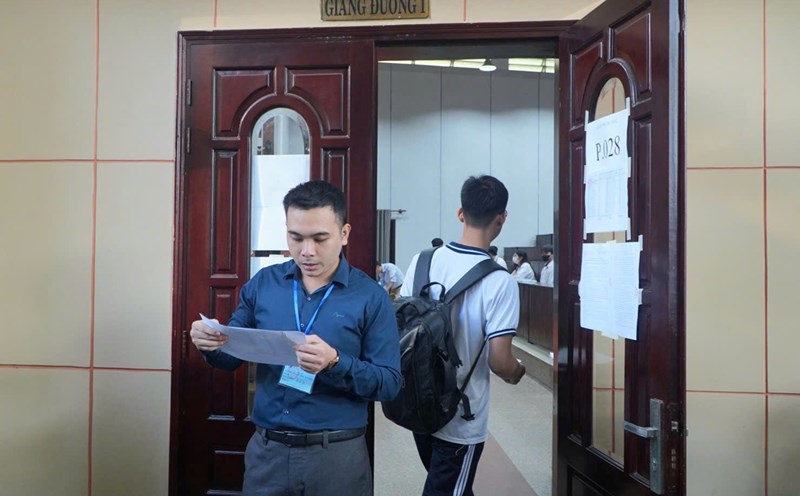Every month, Mr. Nguyen Van Chau (65 years old, Binh Tan District, Ho Chi Minh City) goes to Thong Nhat Hospital, Ho Chi Minh City to check-up for diabetes and increase his blood pressure.
According to Mr. Chau, he has had this chronic disease for many years and takes medicine all year round, but is only afraid that the disease will progress to worsen, so he has to go for regular check-ups. During the most recent examination, the doctor diagnosed him with the risk of complicated kidney failure due to diabetes, which made him worried.
I am very afraid of these chronic diseases, because only diabetes and blood pressure have made my quality of life not good. Now that there are more kidneys, I am really worried about my health, Mr. Chau shared.
Currently, the health care of the elderly needs attention. Ho Chi Minh City currently has many health care programs for the elderly from grassroots health care to specialized hospitals.
CNND.GS.TS.BS Nguyen Duc Cong - Former Director of Thong Nhat Hospital, Vice Chairman of the Vietnam Association of Elderly - said that since 2011, Vietnam has officially entered the aging period of the population, when the percentage of people aged 65 and older accounts for more than 7% of the population. It is expected that by 2036, our country will enter the aging population with more than 14% of the population aged 65 and over. "The aging speed of Vietnam is in Asia's fastest and among the 10 fastest aging countries in the world," he emphasized.
From the experience of working at Thong Nhat Hospital, where there are many elderly patients, Professor Cong commented: The health system needs to prepare better in terms of human resources, techniques and thinking to serve this special population group. In particular, a comprehensive assessment of geriatrics is an indispensable tool.
According to him, the elderly often suffer from many chronic diseases, take a lot of medicine, and are at risk of physical and mental weakness and reduced daily activities. A comprehensive assessment of geriatrics including physical, mental, cognitive and social conditions will help doctors personalize treatment, avoid over-intervention or omission of underlying problems.
Professor Cong shared: "The elderly are not like young people who are sick. A 90-year-old man with stomach cancer and has weakened whether surgery is needed. An 85-year-old woman, living a few more years, should she take cardiopulmonary precautions? Those decisions need to be based on a comprehensive geriatric assessment. Therefore, caring for the elderly is not only a responsibility, but also a humane medical art".









